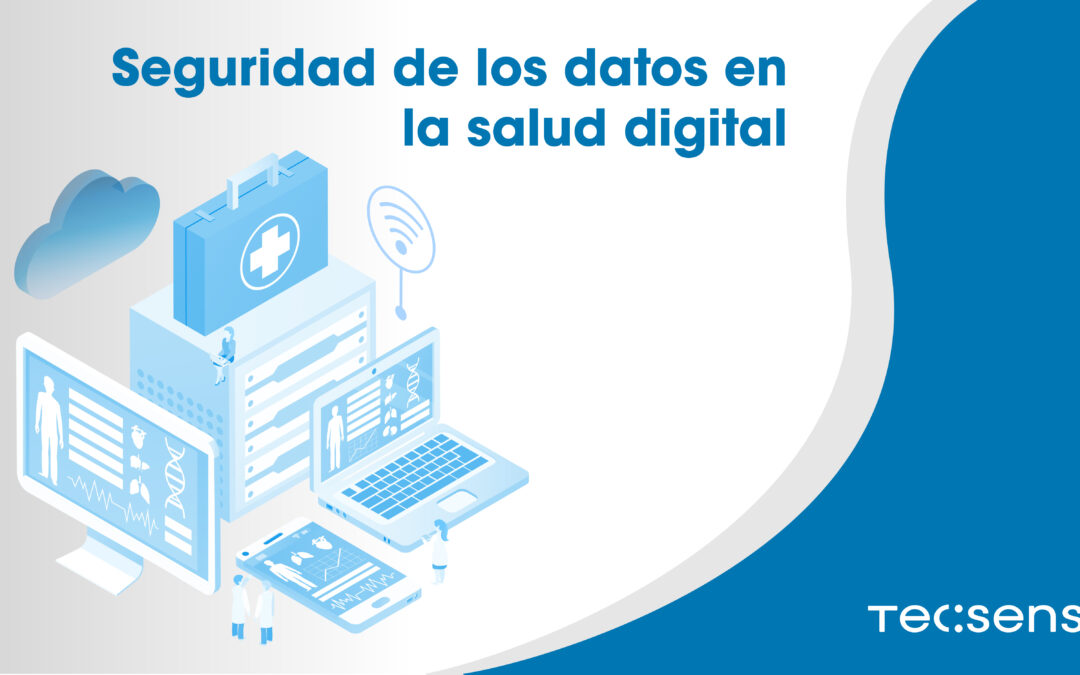The digitization of healthcare and health data management has radically transformed the way healthcare is approached around the world. Digital health, ranging from telemedicine to electronic health record management, has improved the efficiency and accessibility of health care. However, this revolution has also brought with it significant challenges, one of which is data security in digital health. The importance of protecting data privacy and security in digital health is critical to ensuring patient trust and maintaining the integrity of healthcare systems.
Digital health today
Digital health has become a an essential part of modern medical care. Electronic health records, health tracking apps, and online consultations have enabled patients and healthcare professionals to access and share information more efficiently than ever before. This has improved the quality of care and increased capacity to monitor chronic diseases.
However, as more health information is stored and shared electronically, data security becomes a critical concern. Health records contain highly sensitive information, such as diagnoses, medical histories, treatments, and personally identifiable data. Improper exposure of this information could have serious consequences for patient privacy and the safety of health care in general.
The risks of the data breach in health
Data security breaches in health are a growing concern. Cyberattacks, identity theft, and exposure of health data are real threats that can have a devastating impact on patients and healthcare systems.
Some of the most common risks include:
Identity theft
Health data is an attractive target for cyber criminals as it contains valuable personal information. Identity theft can lead to usurpation of health benefits, financial fraud, and legal problems for patients.
Interruption of medical care
Cyberattacks can cause disruptions in healthcare delivery. If digital health systems are compromised, patients may experience delays in treatment or even the loss of critical data.
Damage to patient trust
The loss of health data can undermine patients’ trust in the health care system. When patients don’t trust the security of their data, they may be reluctant to share important information with their doctors.
Data protection in digital health
To address these risks, it is essential to implement robust data security measures in digital health. Some of the key strategies include:
Data encryption
All health data must be encrypted to protect it from unauthorized access. This means that even if an intruder accesses the data, they won’t be able to read it without the proper encryption key.
Authentication and access control
Limiting access to health data to only authorized persons is critical. This is achieved by implementing strong authentication systems and assigning appropriate permissions.
Regular security audits
Healthcare organizations should conduct regular security audits to identify and address potential vulnerabilities. This involves continuously monitoring the system for suspicious activity.
Education and Awareness
Both healthcare professionals and patients need to be trained in data security. This includes identifying safe practices, creating strong passwords, and understanding potential threats.
Patient trust is a fundamental pillar in medical care. When patients are confident in the security of their data, they are more willing to share important personal information with their doctors. This, in turn, improves the quality of care and medical decision-making.
However, the loss of health data can undermine this trust. Patients may worry about the privacy of their information and hesitate to use digital health services. To maintain patient trust, healthcare organizations must demonstrate their commitment to data security.
Digital health has revolutionized healthcare, but with this advancement comes significant responsibilities in data protection. Data security in digital health is not just a technical issue, but an ethical imperative to protect patient privacy and ensure the integrity of healthcare. By implementing robust data security measures and educating healthcare professionals and patients, we can take full advantage of the benefits of digital health without compromising privacy and security.




